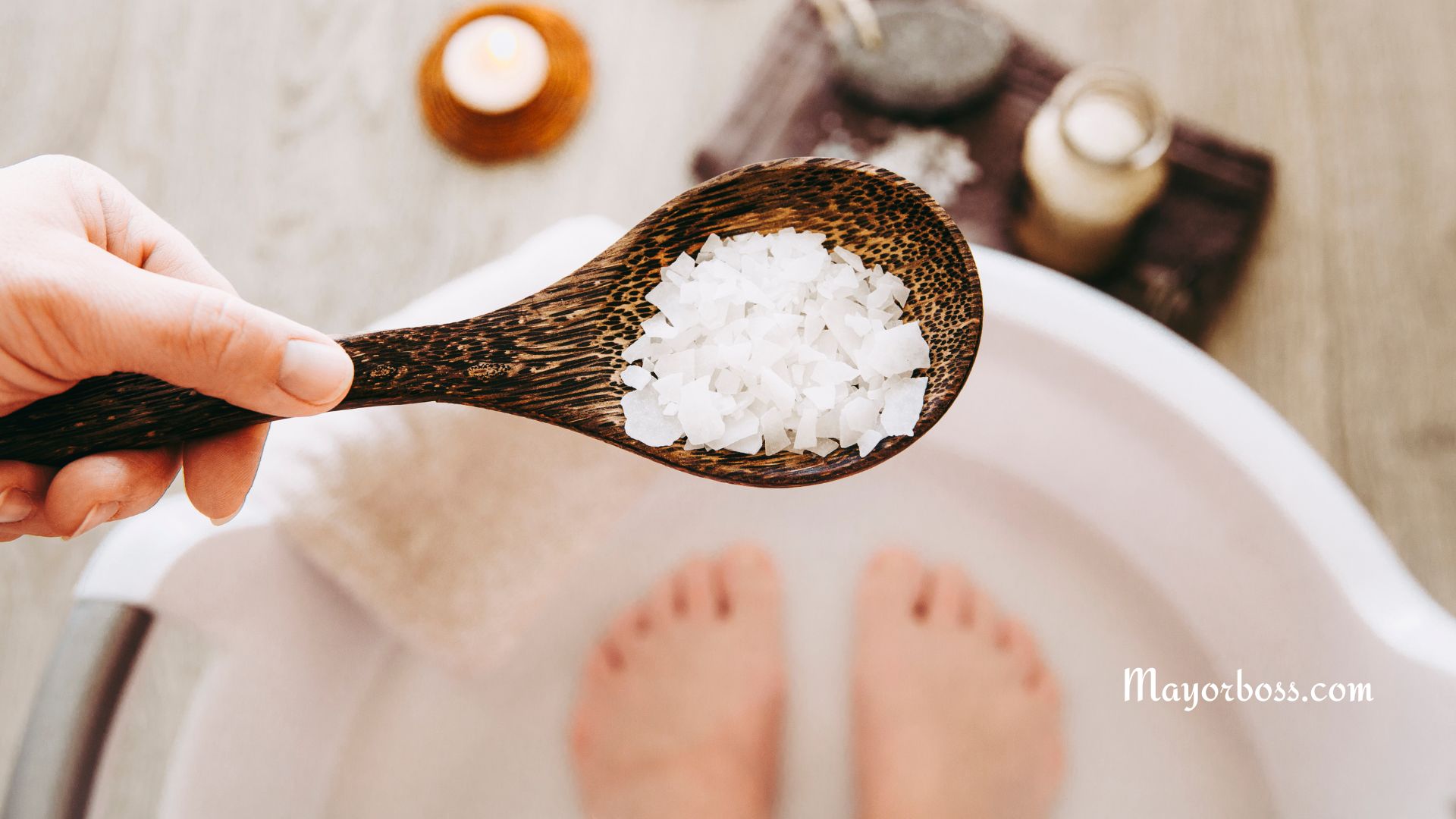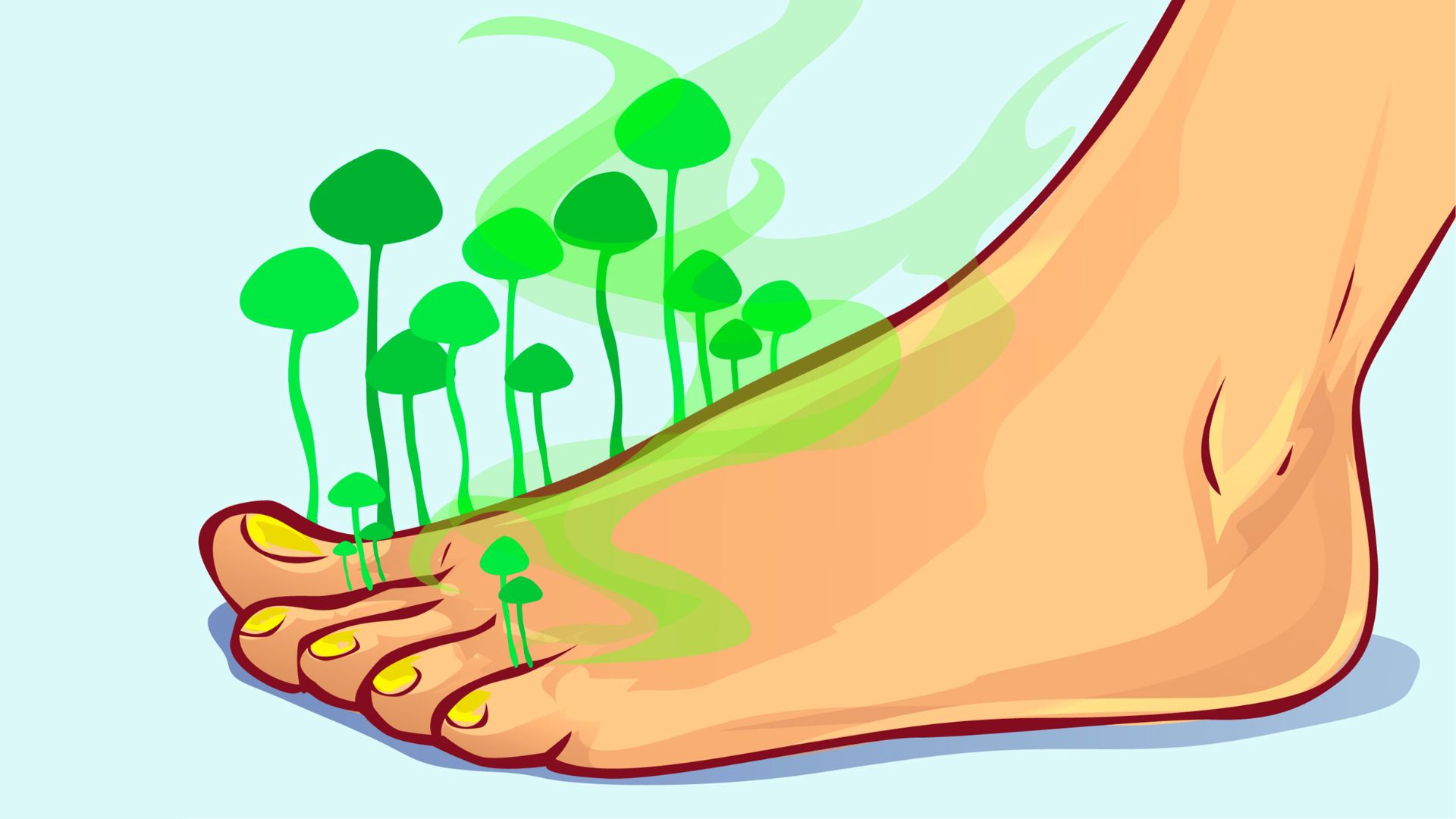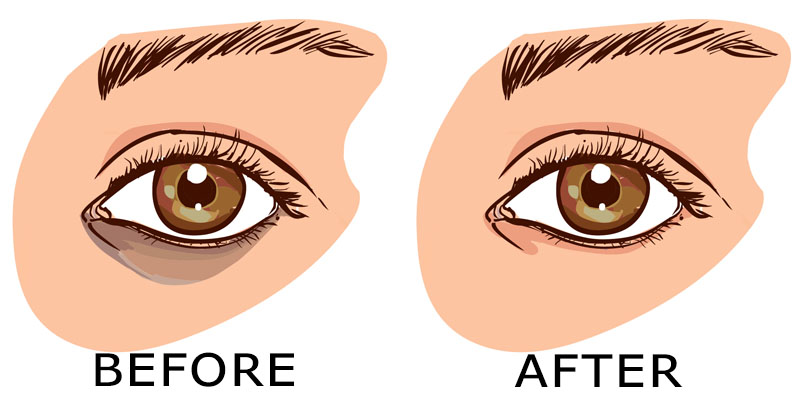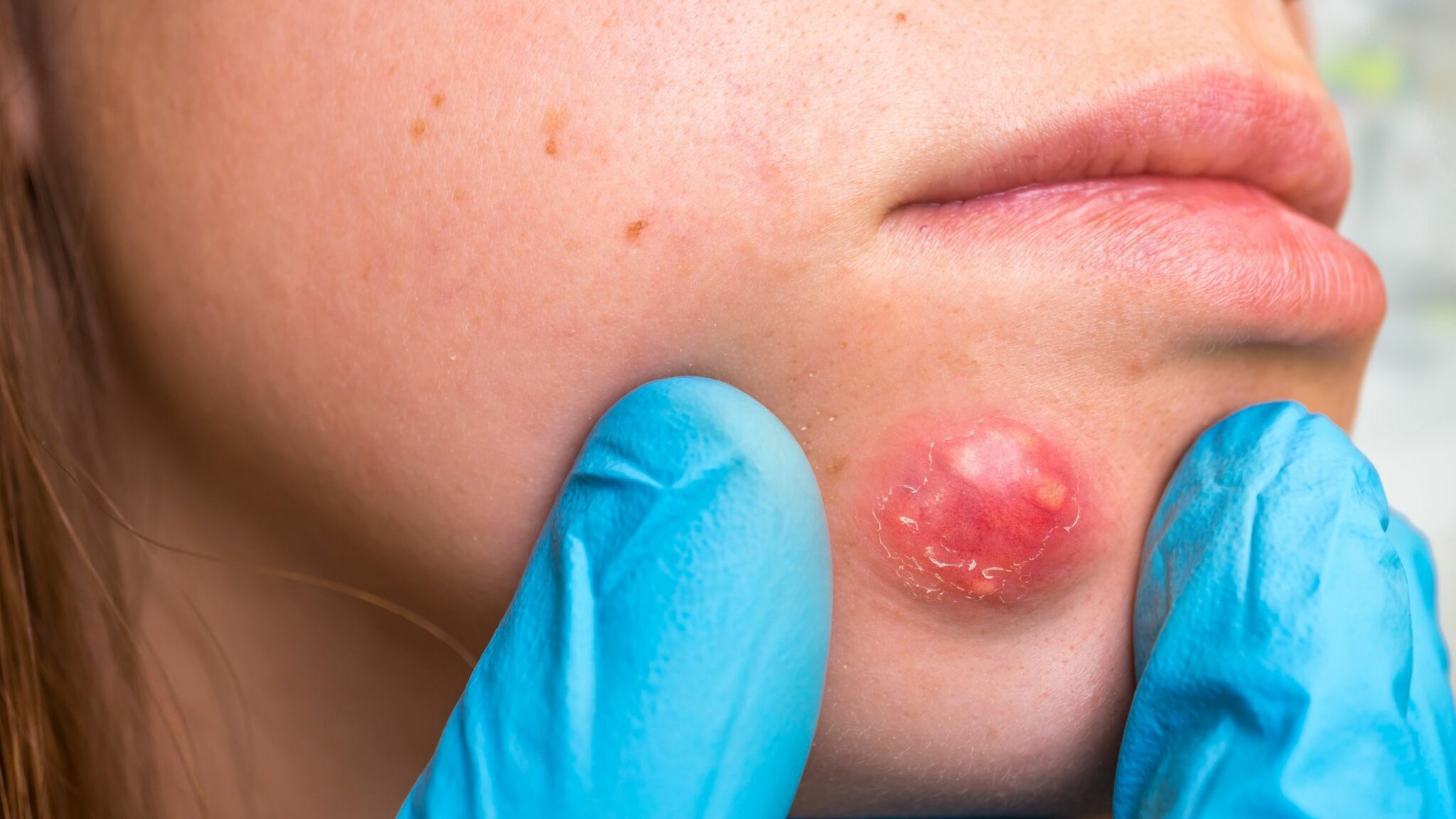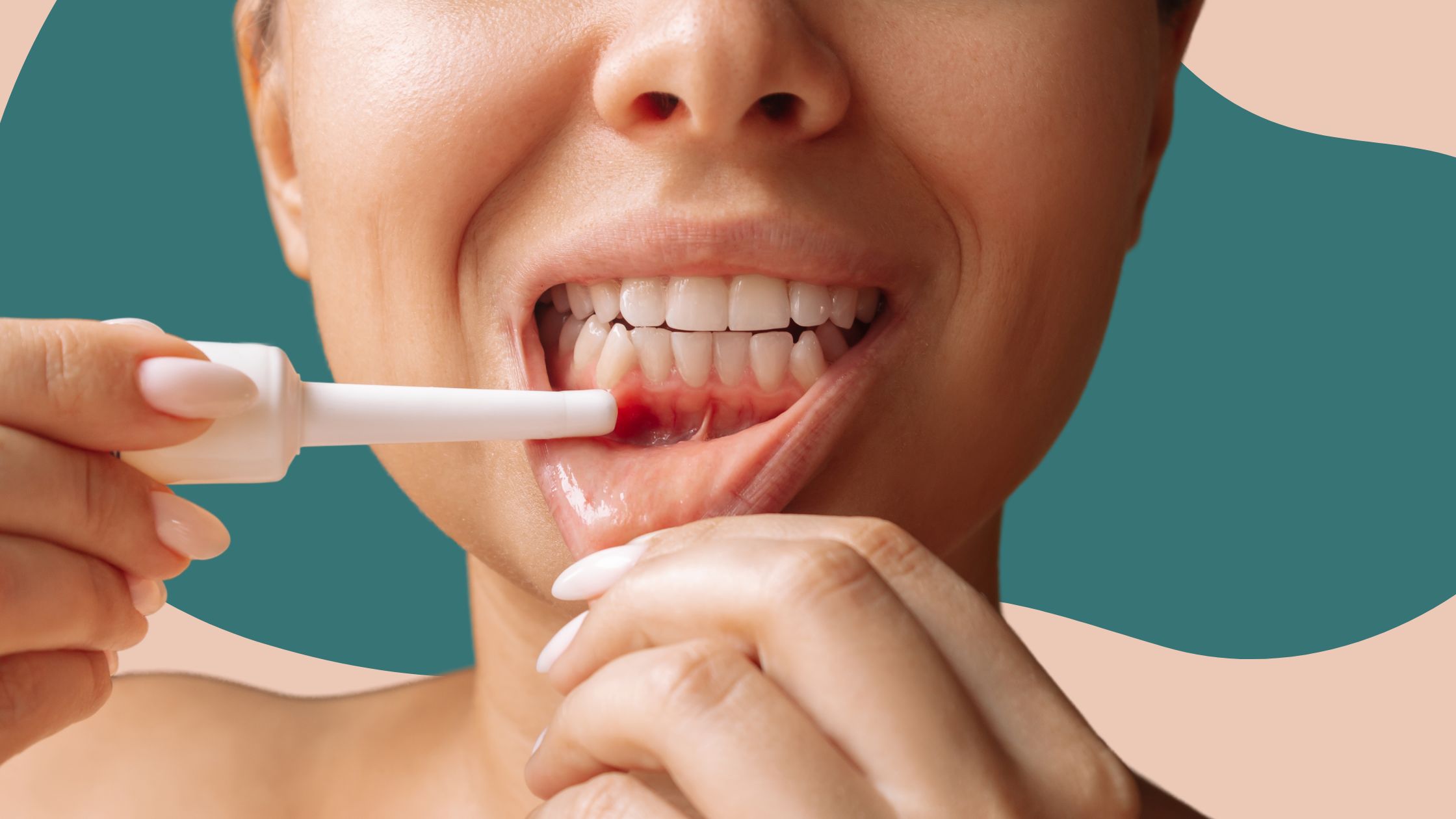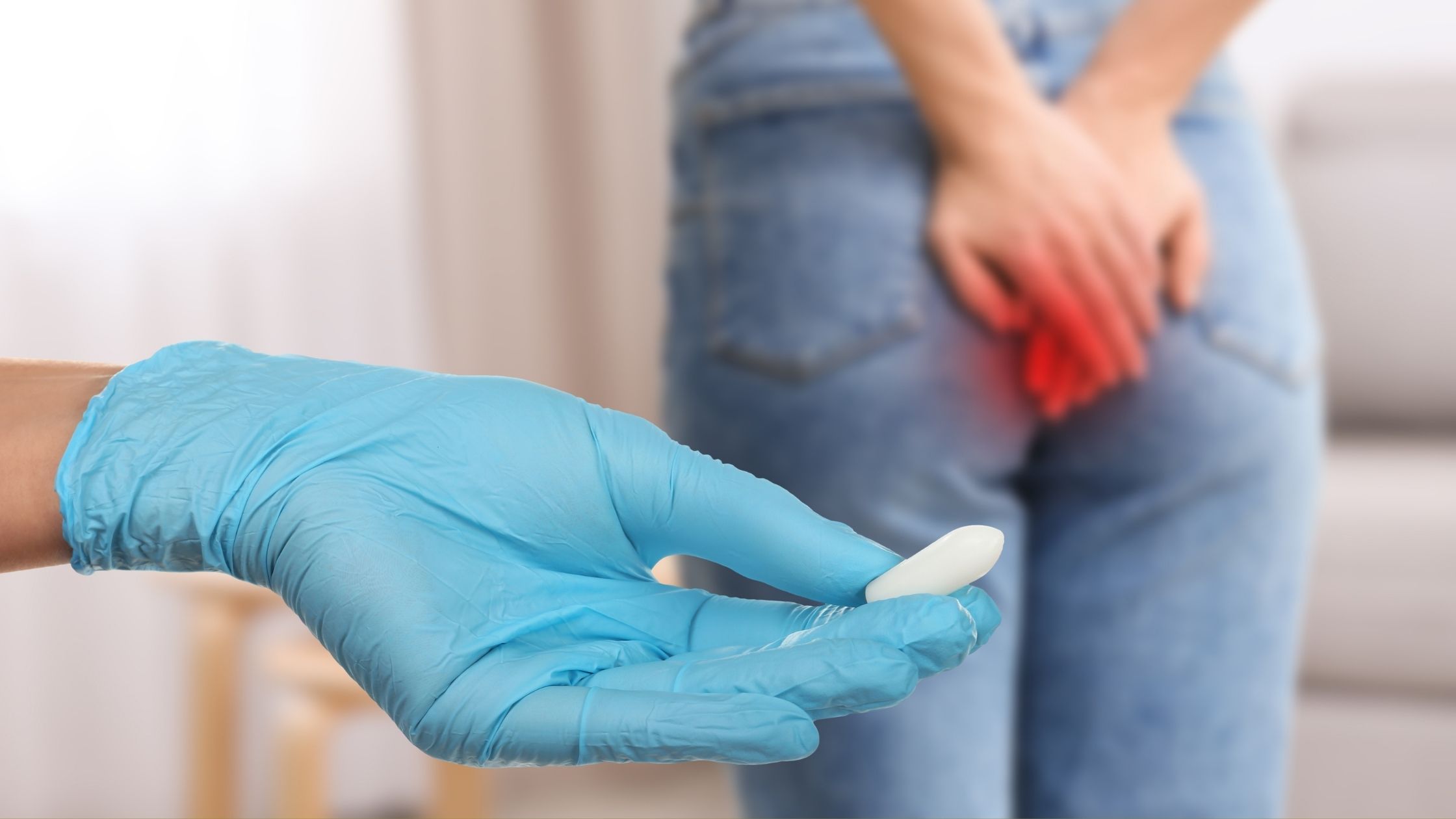Natural Remedies for Kidney Stones
While medical intervention is often needed for large kidney stones, there are some natural remedies that you can try to help alleviate discomfort and aid the passage of small kidney stones. Dr. Natalia Hapych, a family physician, sheds light on these remedies and how you can incorporate them into your lifestyle.
Drinking lots of water
One of the simplest ways to prevent and treat kidney stones is to stay well-hydrated. Consuming plenty of water helps dilute the substances that can form stones in the kidneys.
“Consuming around ten to twelve cups of water a day may help pass small kidney stones and clear out your urinary system,” says Dr. Hapych. Moreover, it’s advisable to continue drinking water regularly to lower your risk of developing new stones.
Apple Cider Vinegar
Apple cider vinegar contains citric acid, which could help dissolve calcium deposits and assist in passing kidney stones. However, it’s important not to consume too much as it can lead to other health issues.
“You can try adding two tablespoons of apple cider vinegar to a glass of water and drinking it daily,” suggests Dr. Hapych. “Always remember to dilute it to avoid potential harm to your tooth enamel.”
Lemon Juice
Similar to apple cider vinegar, lemons contain citric acid. The citrate can help prevent stone formation and break up small stones that are starting to form.
“Drinking a mixture of lemon juice and water is a safe and effective remedy,” Dr. Hapych says. “Just make sure to include it as part of a balanced diet, not as a replacement for meals or hydration.”
Pomegranate Juice
Pomegranate juice is packed with antioxidants and can be beneficial for the overall health of your kidneys. It may help to reduce the acidity level of your urine, which in turn helps to reduce the conditions that allow kidney stones to form.
“Pomegranate juice also carries the benefit of being quite refreshing and delicious,” Dr. Hapych mentions. “It can easily be incorporated into your diet.”
Pain Management
Passing kidney stones can be quite painful. Here are a couple of natural methods that may help manage the pain:
- A warm bath or heating pad: Applying warmth to the affected area can soothe the muscles and alleviate pain.
- Over-the-counter pain medication: Non-prescription pain relievers such as ibuprofen or naproxen can help reduce pain and inflammation.
Dietary changes
Diet plays a key role in kidney health. If you’re prone to certain types of kidney stones, modifying your diet can be an effective way to prevent them.
“If you’re forming calcium oxalate stones, it’s wise to reduce your intake of foods high in oxalate, such as spinach, rhubarb, nuts, and wheat bran,” advises Dr. Hapych. “For uric acid stones, reducing animal protein and salt in your diet can help.”
Exercise
Regular exercise can help to get your fluids moving and reduce the risk of stones forming. “Remember to stay hydrated during your workouts, especially if you sweat a lot,” warns Dr. Hapych.
When to call your doctor
While these remedies may aid in the prevention and treatment of small kidney stones, it’s crucial not to ignore severe symptoms. Intense pain, bloody urine, or consistent nausea and vomiting should be addressed by a medical professional promptly.
“Natural remedies can certainly play a part in managing kidney stones,” says Dr. Hapych. “However, if you’re frequently forming stones or have a large stone, it’s essential to get a treatment plan from your doctor. This could involve medication or other medical procedures.”
Lower your risk
To lower your risk of developing kidney stones, you should also consider a few lifestyle changes:
- Maintain a healthy body weight.
- Limit your sodium intake.
- Limit animal protein.
- Keep your blood pressure in check.
Incorporating these natural remedies and preventive measures into your daily routine can be beneficial for your overall kidney health. As always, it’s essential to consult with your healthcare provider before starting any new treatment or prevention plan.
Further Reading: Don’t Ignore These 10 Symptoms of Kidney Stones

